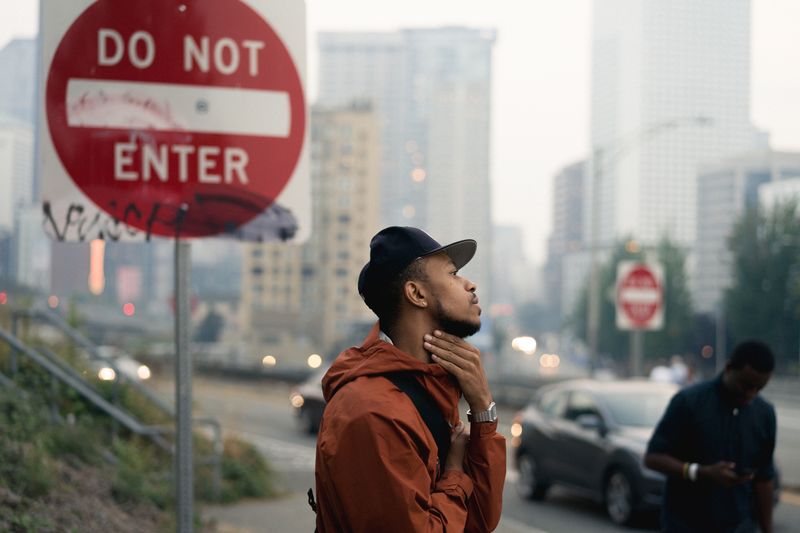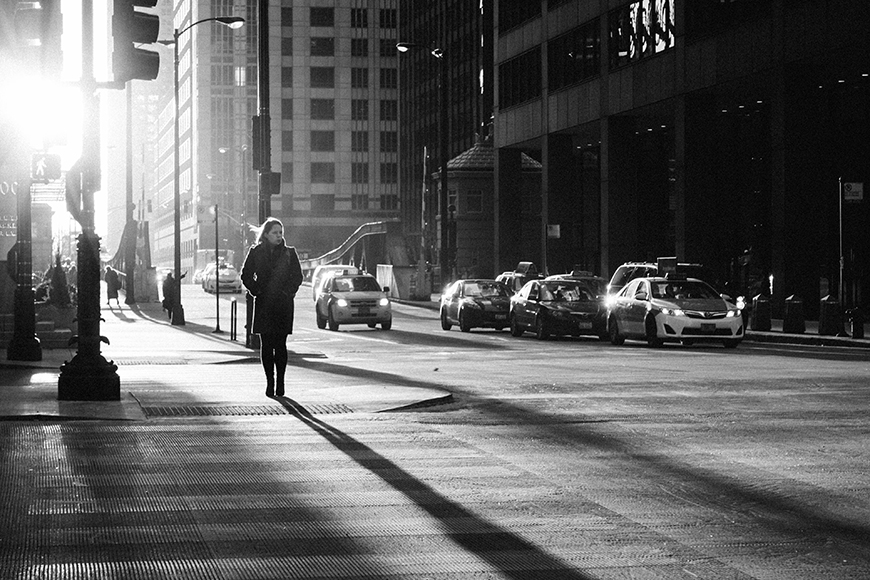The 8-Second Trick For Street Photographers
The 8-Second Trick For Street Photographers
Blog Article
5 Simple Techniques For Street Photographers
Table of ContentsStreet Photographers Things To Know Before You Buy7 Simple Techniques For Street PhotographersThe 9-Second Trick For Street Photographers10 Simple Techniques For Street PhotographersThe smart Trick of Street Photographers That Nobody is Discussing
Street digital photographers do not always have a social function in mind, however they choose to isolate and catch minutes which may or else go undetected.Though he was affected by several of those who influenced the road professional photographers of the 1950s and '60s, he was not primarily thinking about catching the spirit of the street. The impulse to aesthetically record individuals in public began with 19th-century painters such as Edgar Degas, douard Manet, and Henri de Toulouse-Lautrec, that functioned side by side with professional photographers trying to capture the significance of urban life.

Given the fine top quality of his pictures and the breadth of material, engineers and musicians frequently acquired Atget's prints to use as referral for their own work, though commercial rate of interests were barely his primary motivation. Instead, he was driven to photograph every last residue of the Paris he loved.
The 9-Second Trick For Street Photographers
They disclose the city with his eyes. His work and basic understanding of photography as an art kind functioned as motivation to generations of digital photographers that followed. The future generation of street professional photographers, though they likely did not refer to themselves therefore, was ushered in by the photojournalism of Hungarian-born digital photographer Andr Kertsz.
Unlike his peers, Brassa made use of a larger-format Voigtlnder video camera with a much longer exposure time, requiring him to be much more calculated and thoughtful in his technique than he may have been if making use of a Leica.
Cartier-Bresson was a champ of the Leica camera and among the initial digital photographers to optimize its abilities. The Leica allowed the photographer to engage with the environments and to capture moments as they took place - Street Photographers. Its relatively small size also assisted the photographer discolor right into the history, which was Cartier-Bresson's favored approach
The Single Strategy To Use For Street Photographers
It is as a result of this essential understanding of the art of photo taking that he is commonly attributed with discovering the medium all over once again about a century because its innovation. He took pictures for greater than a half century and influenced generations of digital photographers to trust their eye and instinct in the minute.
These are the questions I will try to answer: And resource afterwards I'll leave you with my own meaning of street photography. Yes, we do. Let's start with specifying what an interpretation is: According to it is: "The act of specifying, or of making something definite, distinctive, or clear".
No, certainly not. The term is both limiting and misleading. Appears like look at this site a street digital photography ought to be images of a streets right?! And all road digital photographers, except for a handful of absolute beginners, will completely appreciate that a road is not the key element to road photography, and in fact if it's an image of a street with maybe a couple of boring people not doing anything of interest, that's not street digital photography that's a picture of a road.
He makes a valid point don't you believe? While I agree with him I'm not certain "candid public digital photography" will certainly capture on (although I do kind of like the term "honest digital photography") due to the fact that "road digital photography" has actually been around for a long time, with numerous masters' names attached to it, so I think the term is right here to remain.
The Ultimate Guide To Street Photographers
Inside?! I hear you yell as you tremble your hand to the sky. Why not? You can fire at the coastline, at an event, in a street, in a park, in a piazza, in a cafe, at a gallery or art gallery, in a metro station, at an event, on a bridge, under a bridge ...

The Street Photographers PDFs

Report this page